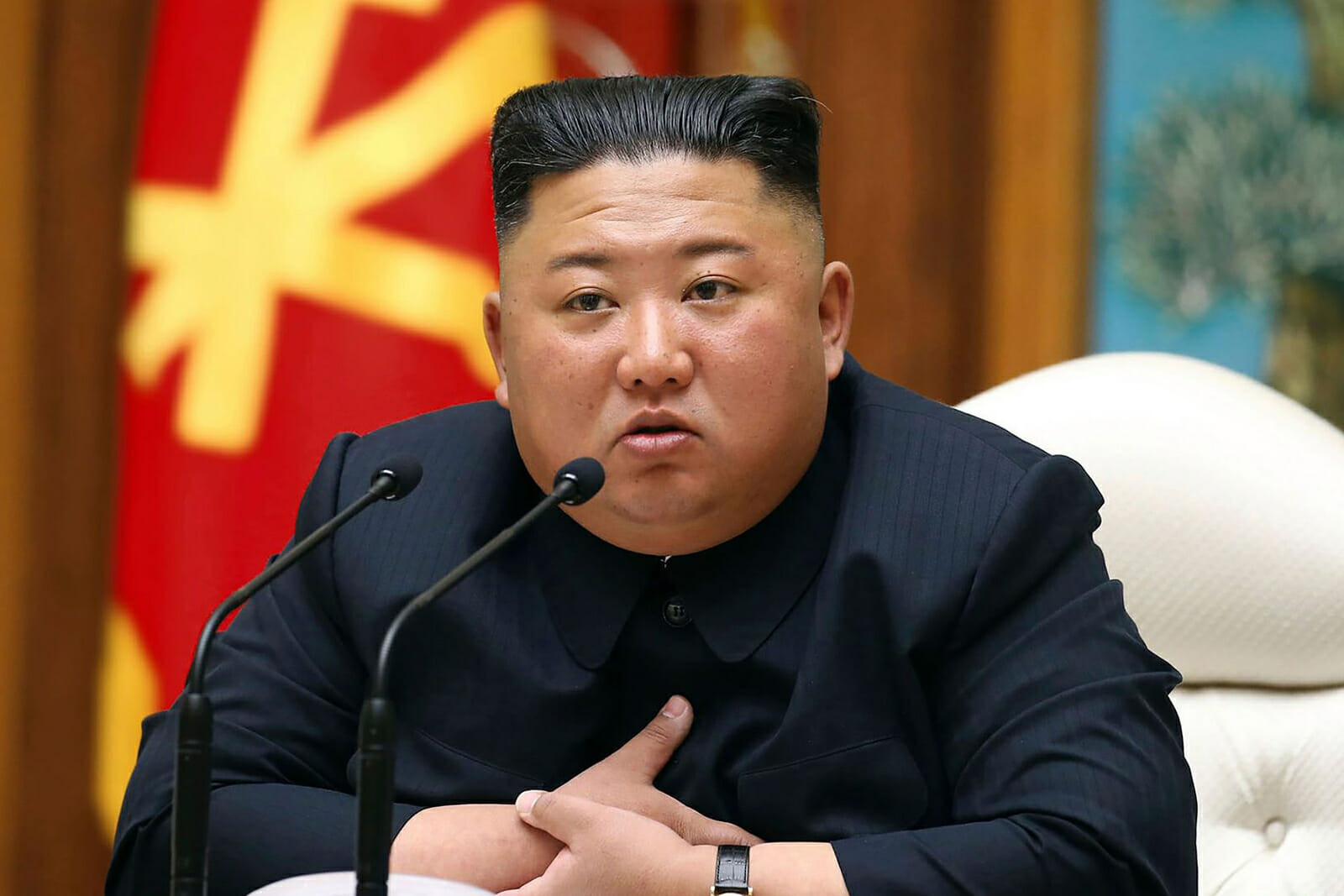
How Biden Can Bring North Korea Back to the Negotiating Table
“A delaying time trick.” This is how North Korea thinks of Biden’s attempt at reaching out through diplomatic channels. If the new U.S. administration is sincere about wanting to resume diplomatic dialogue with the North Koreans, the message isn’t landing. The reason? A lack of trust made worse by a perceived lack of commitment by the U.S. to bilateral negotiation processes.
If the Biden administration wants to break this endless cycle of aggressive rhetoric and failed diplomacy it must adapt its North Korea policy to better fit the new reality. That would entail doing away with past failed strategies that put maximum pressure on North Korea and focusing instead on negotiating a deal that benefits both sides.
Sadly, that’s not what the administration is doing. Recent comments made by Biden’s Secretary of State Antony Blinken are one example.
Speaking in Seoul earlier this month, Blinken reaffirmed the U.S. commitment to the complete denuclearization of North Korea and called out the regime for continuing “to commit systemic and widespread abuses against its own people.”
This didn’t go down well in North Korea. The next day, Choe Son-Hui, North Korea’s First Vice Foreign Minister, called U.S. policy towards her country “hostile” and flatly rejected Washington’s invitation to talk. “What has been heard from the U.S. since the emergence of the new regime is only lunatic theory of ‘threat from North Korea’ and groundless rhetoric about ‘complete denuclearization,’” she said in a statement.
Her comments came just two days after North Korean leader Kim Jong-Un’s sister, Kim Yo-Jong, shared her own public statement targeting the Biden administration. “If it wants to sleep in peace for (the) coming four years, it had better refrain from causing a stink at its first step,” her statement read.
Yo-Jong makes a good point. Biden shouldn’t want to cause “a stink” with North Korea this early on in his presidency, especially given the high stakes. North Korea hasn’t tested a nuclear weapon in over three years, and with U.S.-North Korea talks stalemated since 2019, there’s no telling when Kim Jong-Un’s patience will run out. All the more reason why Biden should take a proactive stance on North Korea.
Although many may argue that he is doing exactly that—by reaching out to North Korea diplomatically—this is not entirely effective. As long as Biden and his team continue using the same terminology as their predecessors with regards to North Korea (such as complete denuclearization, sanctions, oppressive regime, etc), they are highly unlikely to sound welcoming or enticing enough to get the North Koreans to resume talks.
In order for North Korea to cooperate, they want to be treated as an equal negotiating partner, and they must feel that the U.S. is willing to make at least some concessions. Choe made that clear through her statement: “In order for a dialogue to be made, an atmosphere for both parties to exchange words on an equal basis must be created,” she stated. So far, the U.S. has failed to do this. For example, Donald Trump didn’t make the North Koreans feel like an equal partner at all at the Hanoi Summit when he demanded they denuclearize upfront without offering any kind of concessions in return.
As such, the U.S. needs to understand that, no matter how much they dislike the North Korean regime, a gradual approach including concessions is the only realistic way they can get to a deal that would finally begin scaling down North Korea’s nuclear weapons program.
The vicious cycle of failed diplomacy between the two countries can end if both parties put in the effort. The U.S. managed to sign a deal with Iran; why shouldn’t it be able to do so with North Korea? To this point, it’s worth noting that Blinken himself advocated an Iran-style deal with North Korea back in 2018.
Although not perfect, a similar deal aimed at halting North Korea’s nuclear weapons program should be achievable if the U.S. offers gradual sanctions relief in exchange for clear and verifiable progress made on the disarmament front. Though such a deal is not guaranteed to be fail-proof, it would at least offer both countries a realistic chance at making progress on issues important to all parties.
So far, every single U.S. president over the last three decades has failed to achieve an effective, long-term, substantive agreement with North Korea regarding its nuclear weapons program. Biden doesn’t have to fall into that category. If he correctly adapts U.S. policy on this issue — if the U.S. shows it is willing to actually negotiate and not simply make unilateral demands — then the 70-year long war on the Korean Peninsula may finally have a chance to end.
